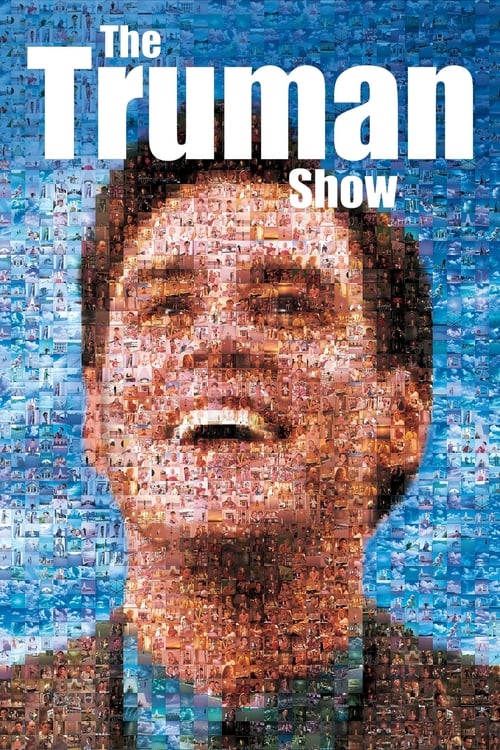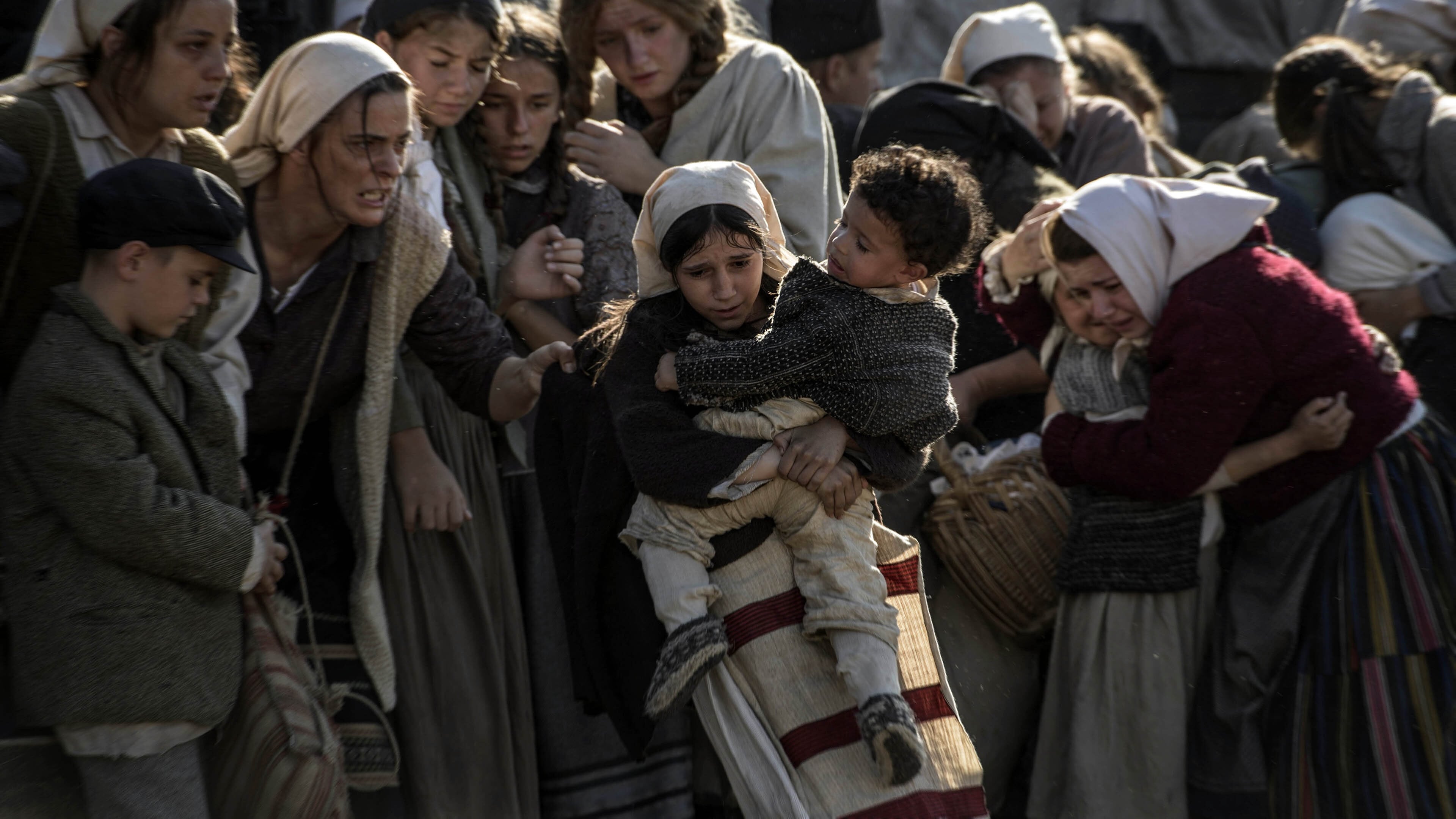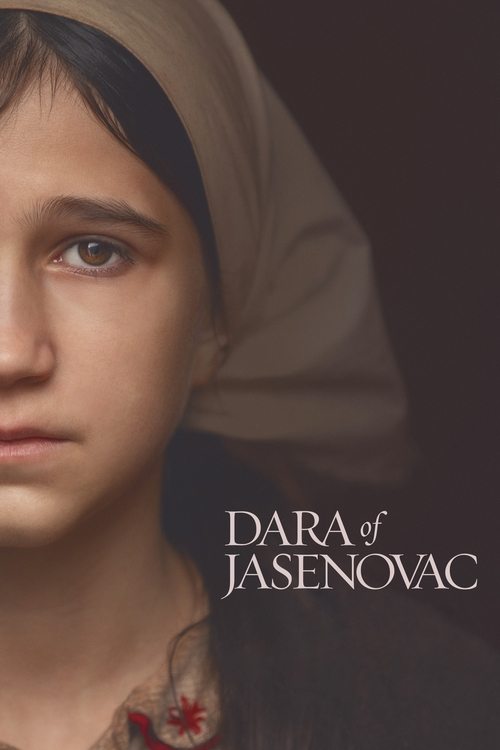Summary
During the Nazi-occupied Ustasha regime "NDH" in former Yugoslavia during WWII, little girl Dara is sent to the concentration camp complex Jasenovac in Croatia also known as "Balkan's Auschwitz".
Cast
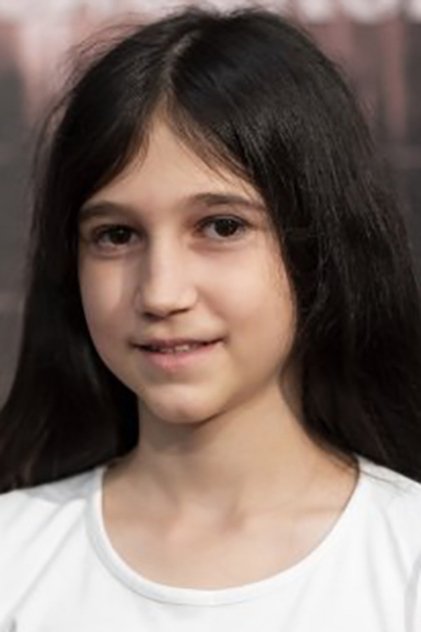
Biljana Čekić
Dara
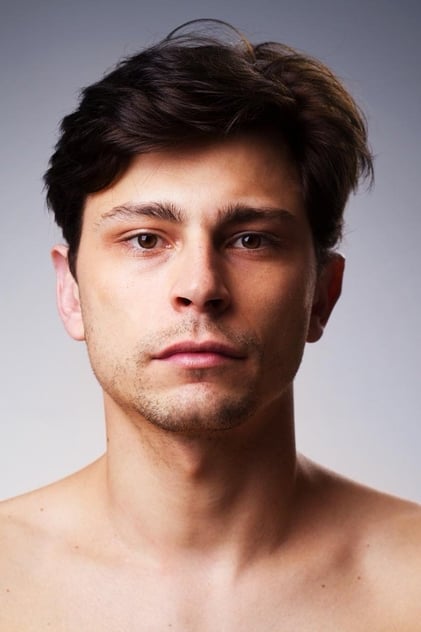
Marko Janketić
Vjekoslav 'Maks' Luburić
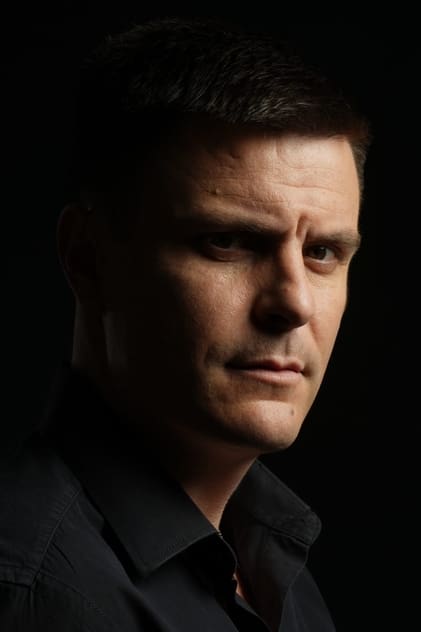
Vuk Kostić
Fra Majstorović
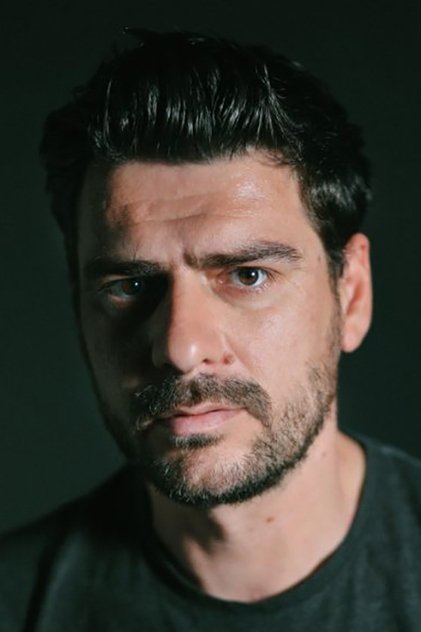
Igor Đorđević
Ante Vrban
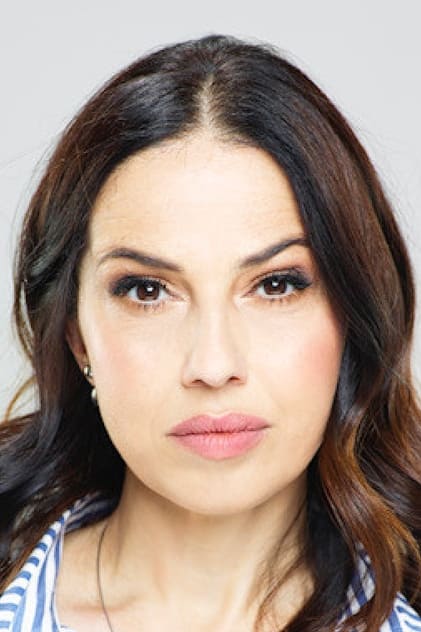
Nataša Ninković
Radojka
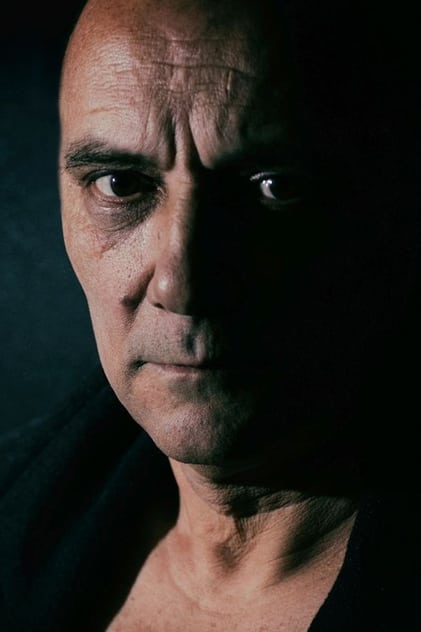
Radoslav 'Rale' Milenković
Čovek koji je odbijen da uđe u voz
Anja Stanić
Nada Ilić
Nikolina Friganović
Mileva
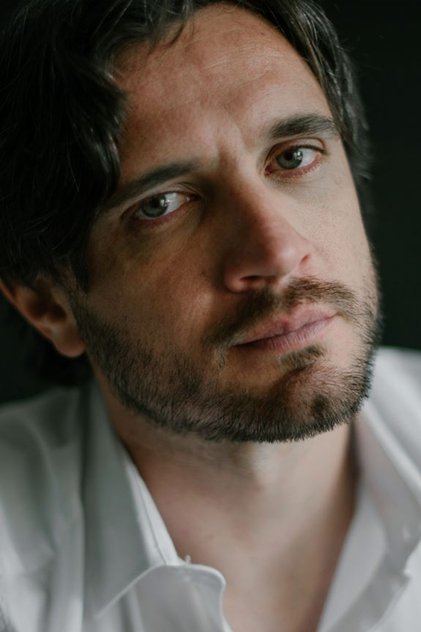
Zlatan Vidović
Mile Ilić

Željko Erkić
Stjepan
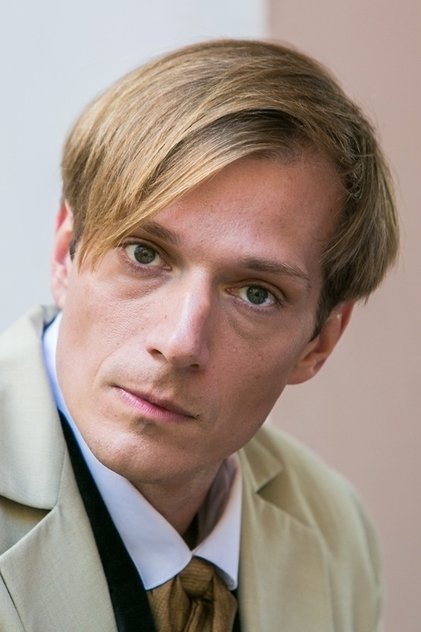
Petar Zekavica
Nemački oficir
Sandra Ljubojević
Vera Stanić
Alisa Radaković
Nada Sakić
Bogdan Bogdanović
Marko Pipić
Jovo Ilić
Nikola Radulj
Bogdan
Rajko Lukač
Rade
Anđela Janjić
Brana
Milica Janjić
Mirjana
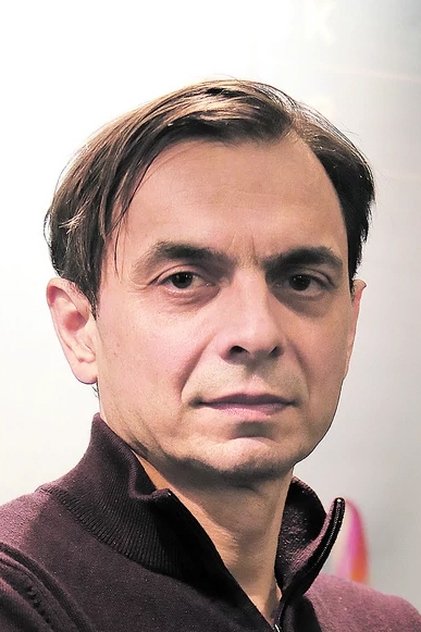
Bojan Žirović
Jaša
Nataša Drakulić
Jovanka Končar
Ana Lečić
Božica
Marko Pavlovski
Anđelko
Marta Ćeranić
Draginja Jović
Dragoslav Medojević
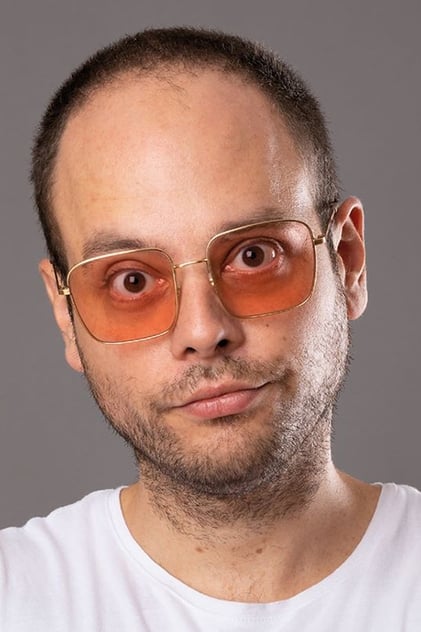
Ivan Zekić
Jelena Moore
Blankica
Danijela Vranješ
Milanka
Tatjana Kecman
Opatica
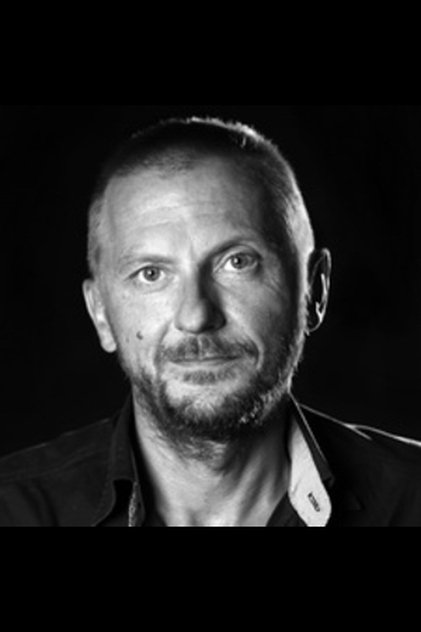
Jovo Maksić
Mladen
Sara Marinković
Zagorka
Goran Jokić
Grobar komandir
Vesna Kljajić-Ristović
Ruža
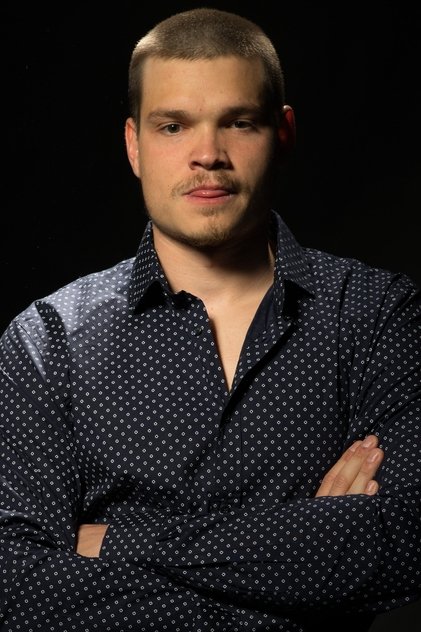
Stefan Vukić
Petar Đurđević
Dinko Šakić
Aneta Tomašević
Starica
Jovan Petrović
Šofer nemačkog oficira
Sanja Moravčić
Dijana Budisavljević
Luka Šaranović
Bude Ilić
Jakov Šaranović
Simon Šaranović
Milena Nikolić
Žena iz Crvenog krsta 1
Nataša Balog
Žena iz Crvenog krsta 2
Natalija Žugić
Žena iz Crvenog krsta 3
Marija Šaranović
Žena iz Crvenog krsta 4
Andrea Forca
Žena u polju
Crew
Director
Predrag Antonijević
Writer
Nataša Drakulić
Reviews
badelf
March 22, 2025
9
There's a particular discomfort in discovering, after decades of historical education and over a hundred Holocaust-related films, that significant chapters of atrocity have remained invisible to me. "Dara of Jasenovac" delivers precisely this uncomfortable revelation, chronicling horrors at Croatia's Jasenovac concentration camp - a genocide I had never encountered in history books or cinema.
Predrag Antonijevic's unflinching film follows ten-year-old Dara through what was sometimes called "the Auschwitz of the Balkans", where the fascist Ustase regime murdered primarily Serbs, but also Jews, Roma, and political dissidents. That such a significant murder camp could remain relatively unknown in the Western conscious speaks to the politics of historical memory. What distinguishes this story is not just its focus on a lesser-known atrocity, but its disturbing examination of Croatia's independent enthusiasm for mass murder, without direct Nazi management.
"Dara of Jasenovac" functions as both historical correction and cold mirror. The film's most devastating insight is not historical but philosophical. Through Dara's eyes, we witness the seamless transformation of ordinary people into monsters. Unlike the bureaucratic, industrialized killing of Nazi death camps, Jasenovac reveals something more primal - the apparent eagerness with which humans will torture and murder their neighbors when given permission by authority.
The film's power comes largely from its uncompromising realism. Antonijevic's direction, the haunting cinematography, meticulously detailed sets, and the extraordinarily naturalistic performances - especially from Biljana Cekic as Dara - create an immersive historical world that feels horrifyingly authentic. Cekic's performance is remarkable for its restraint; her watchful eyes become our lens into this nightmare.
This movie raises the questions "How could this specific atrocity be forgotten?", and the more significant "What within human nature makes such cruelty possible?" Both these questions are terribly uncomfortable. The latter even more terrifying in the light of the rise of fascist power in the United States. That humans so readily inflict suffering on one another when ideologically sanctioned, casts the lens on the darkest side of our human nature.
"Dara of Jasenovac" is difficult, necessary cinema that reminds us that the phrase "never again" remains hollow so long as significant chapters of atrocity remain unacknowledged and the human capacity for cruelty remains unexamined.
Media
Recommendations

Gabriel Iglesias: Hot and Fluffy
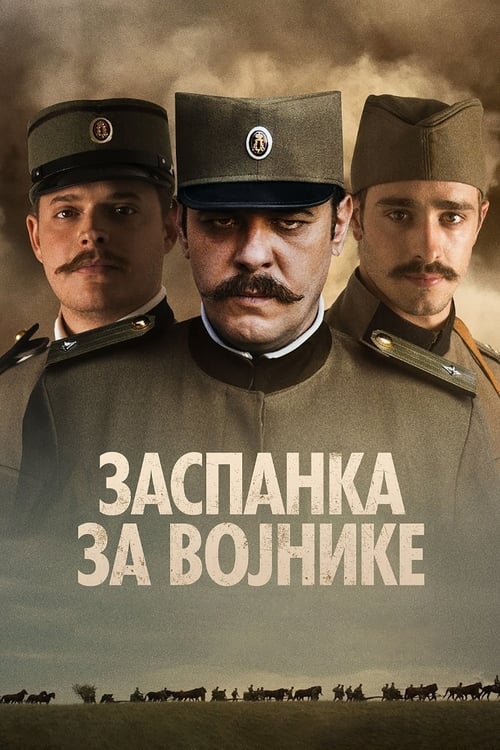
Soldier's Lullaby

Apt Pupil
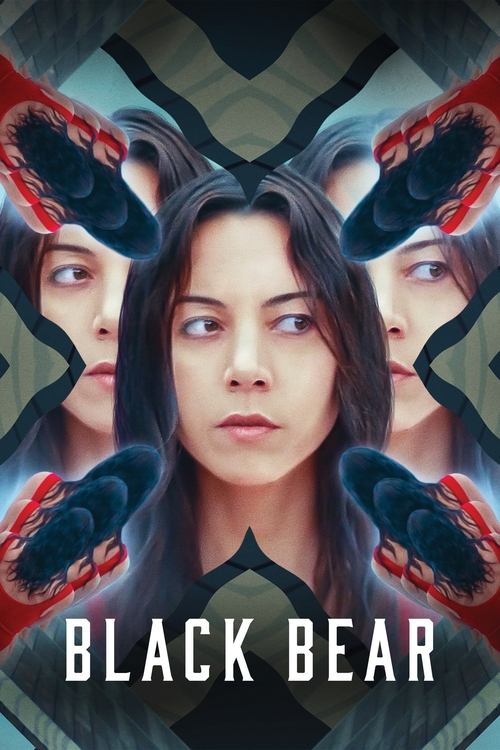
Black Bear
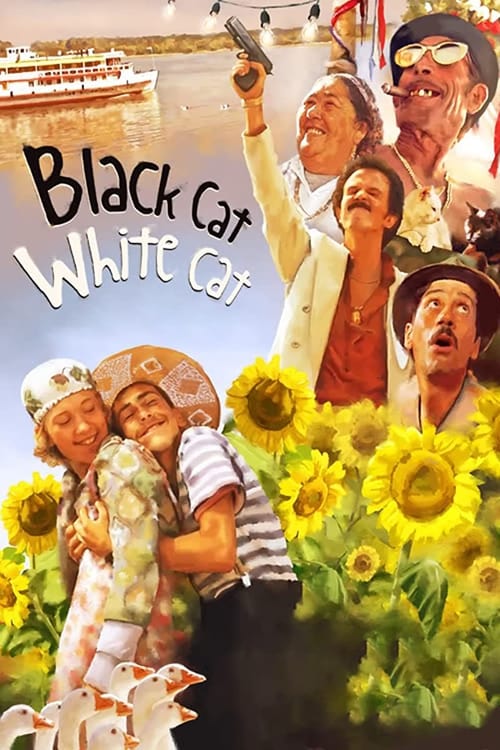
Black Cat, White Cat
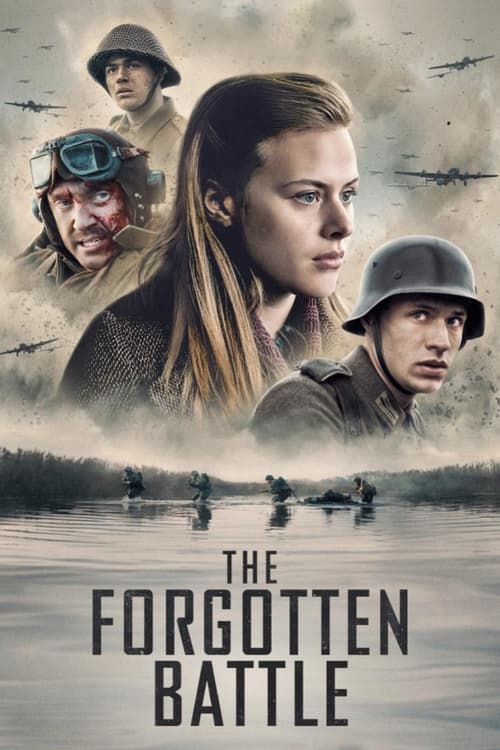
The Forgotten Battle

Penelope

Strange Darling
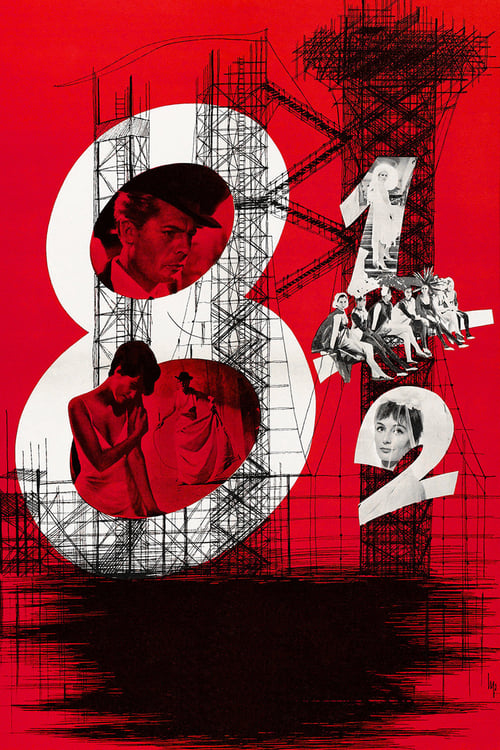
8½

Dinosaur
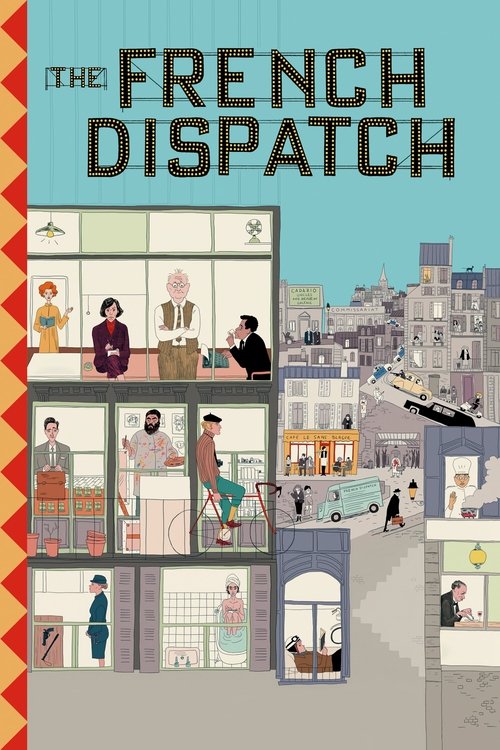
The French Dispatch
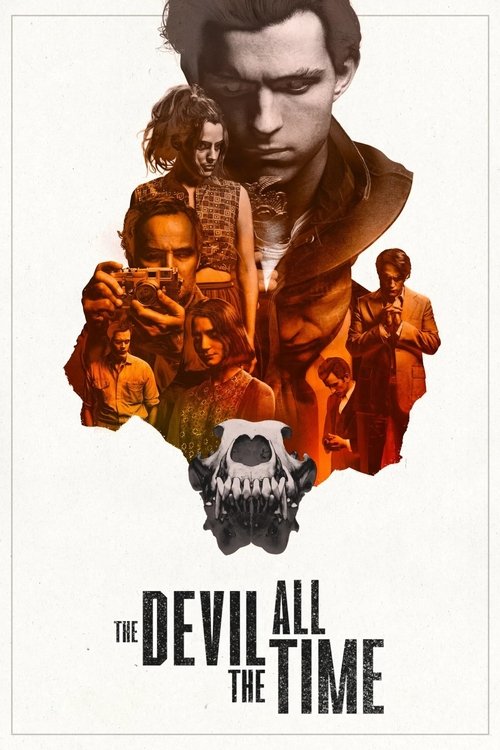
The Devil All the Time

The Lion King II: Simba's Pride

Life in a Year
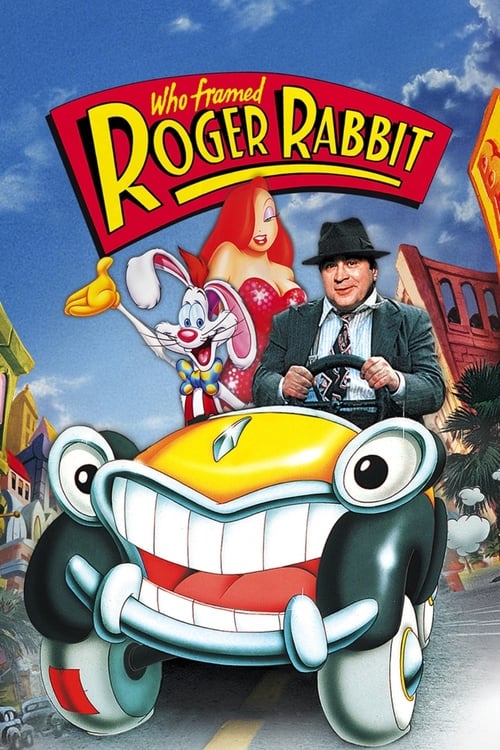
Who Framed Roger Rabbit
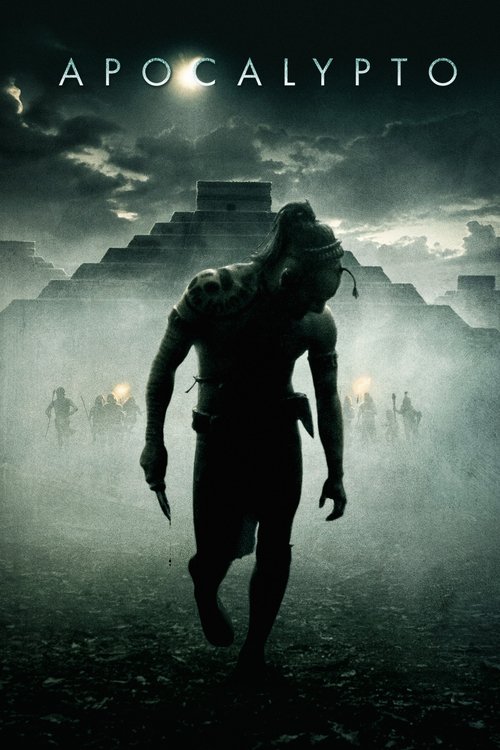
Apocalypto
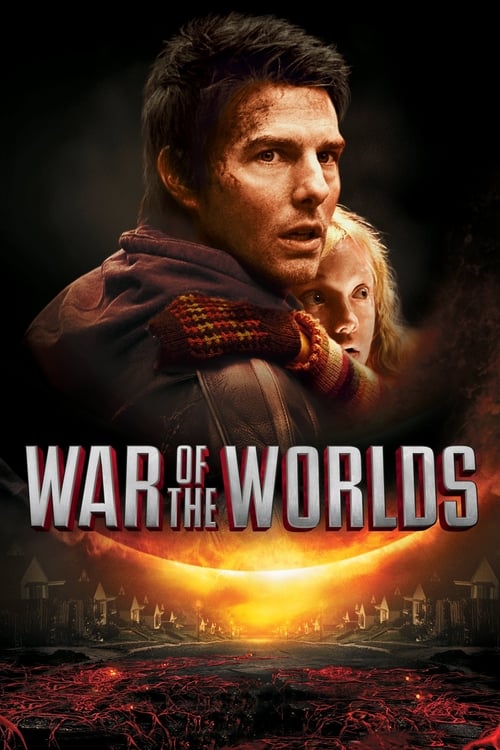
War of the Worlds
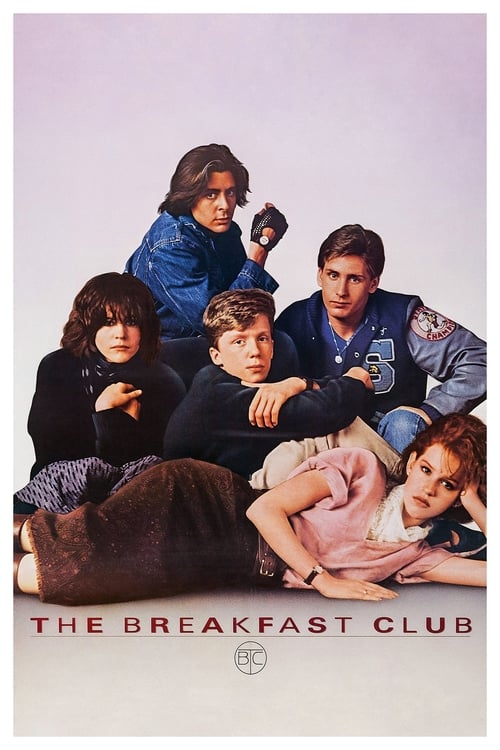
The Breakfast Club

The Grand Budapest Hotel
